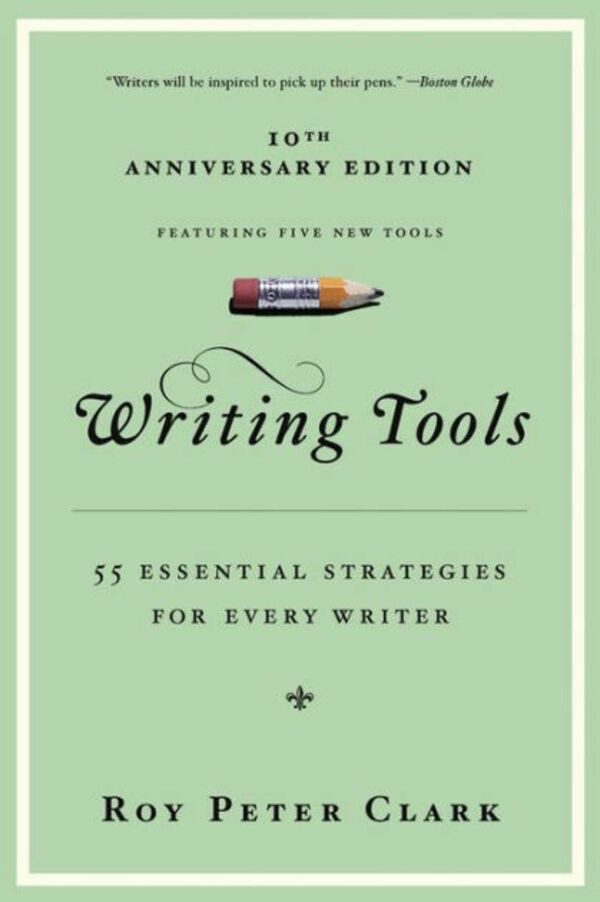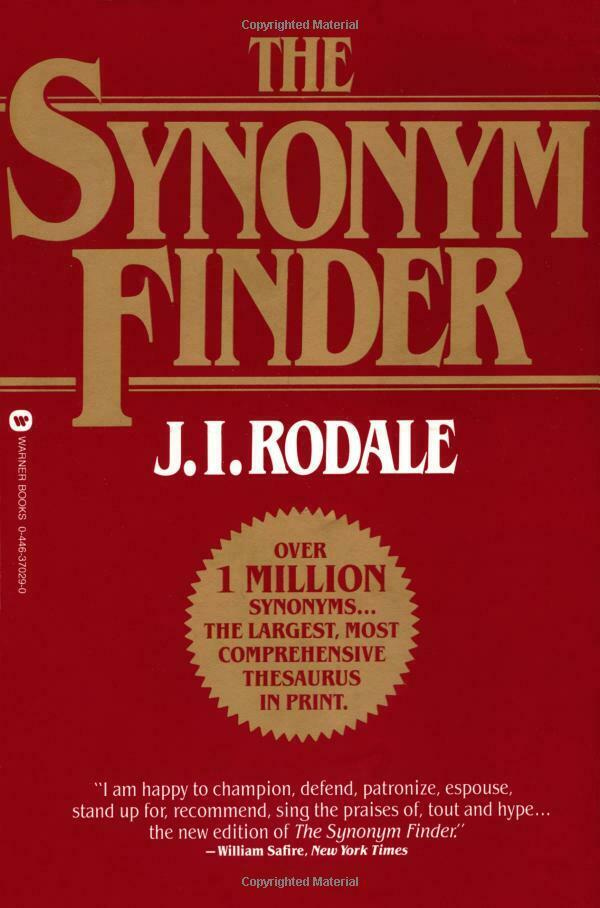Ethical Wills
Transmitting values
An ethical will is a good-bye letter that sums up your life’s aims. You write this will in order to pass on your values instead of your valuables. It is not legally binding. It is not a living will, either, which is no more than an final care directive. An ethical will, instead, is closer to advice. It is a re-statement of the lessons you learned in life. It’s an ancient practice; the earliest examples are 3,000 years old, and not uncommon among some Jewish communities. In the days of illiteracy, the deceased’s will was read aloud for all concerned to hear. Why not annex one little last sermon for them since you had a captive audience at a moment when they are really paying attention? What began as a supplement to a legacy will is now enjoying a role of its own. As you age, you set down your values, stories and other intangibles you wish to pass onto others. This letter says the unsaid, clarifies the mind, stretches across generations. For many families, this missive may become the most valuable thing you leave behind.
You don’t need this book, Ethical Wills, to figure out how to write one. Any style or form is fine; the more uniquely personal, the better. The book has collected some modern and traditional examples of ethical wills, which is what I found most useful. It lays out the reasons and steps to begin if you need encouragement. I’ve begun mine (it should be a work in progress) and have discovered that one of the best reasons to do it is for my own sake. Like journal-keeping, it’s an act of self-discovery. Unlike diaries, the total effort may be as short as one sheet of paper. I find it motivational to contemplate this possibility: how wonderful would it be if I could read the ethical wills of each of my grandparents and their parents? I find few things as thrilling as passing on values that might be replicated for generations.
Neither this book, nor any of the other related books and websites that I’ve read, have mentioned an intriguing alternative to a written ethical will: a short video. Many people who are not comfortable writing would be comfortable talking. Video cameras are cheap; you could do some really powerful statements of your values and perspective that might speak to future generations. If you go this route, use a common format so there is a chance someone can view it a century from now.
When you die you’ll leave behind a long trail of textual bits scattered over the world, but what you should leave is a distilled succinct package, a one-page, 5-minute testimony of you being you, so that if the rest of your recorded self should disappear, at least we’ll know what you thought was important. And I can promise you this, you’ll learn something doing it.
— KK
Ethical Wills
Barry K. Baines
2006, 217 pages
$11
Available from Amazon
Sample excerpts:
Thirteen years ago, I first learned about an ancient tradition for passing on personal values, beliefs, blessings, and advice to future generations called an “ethical will.” At a subconscious level, I must have remembered the custom, because when my father was diagnosed with lung cancer in 1990, I asked him to write a letter about the things that he valued. About a month before he died, my dad gave me two handwritten pages in which he spoke about the importance of being honest, getting a good education, helping people in need, and always remaining loyal to family. That letter — his ethical will — meant more to me than any material possession he could have bequeathed.
*
Ethical wills were particularly advantageous outlets for women, since society’s rules usually precluded them from writing a legal will or dispensing property as they wished. Historians have found examples of ethical wills authored by women during the medieval period, usually in the form of letters or books written to their children.
*
This will was written in the earlier part of the twentieth century. It has a very interesting history. In the pocket of an old ragged coat belonging to one of the insane patients at a Chicago poorhouse, a will was found after his death. According to Barbara Boyd, in the Washington Law Reporter, the man had been a lawyer, and the will was written in a firm clear hand on a few scraps of paper. So unusual was it, that it was sent to another attorney; and so impressed was he with its contents, that he read it before the Chicago Bar Association and a resolutions was passed ordering it probated. It is now in the records of Cook County Illinois.
*
ITEM: To lovers, I devise their imaginary world, with whatever they may be need, as the stars of the sky, the red roses by the wall, the bloom of the hawthorn, the sweet strains of music, and aught else they may desire to figure to each other the lastingness and beauty of their love.
ITEM: To young men jointly, I devise and bequeath all boisterous inspiring sports of rivalry, and I give to them the disdain of weakness and undaunted confidence in their own strength. Though they are rude, I leave them to the powers to make lasting friendships, and of possessing companions, and to them exclusively I give all merry songs and brave choruses to sing with lusty voices.
Related items previously reviewed in Cool Tools:
Radio Journalism Production Tools
10/11/07








